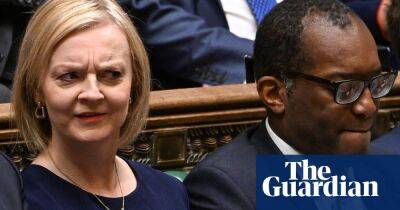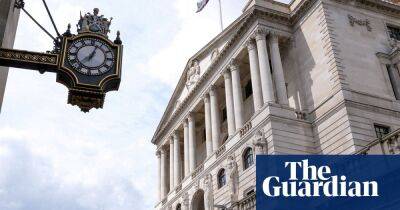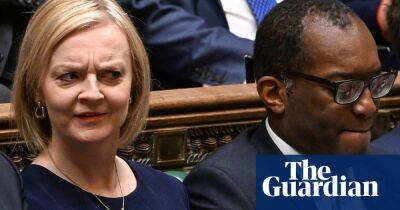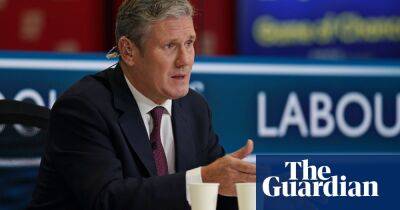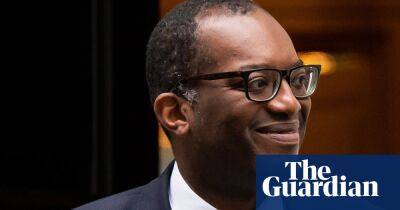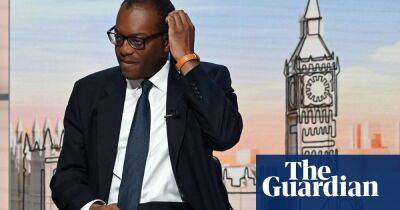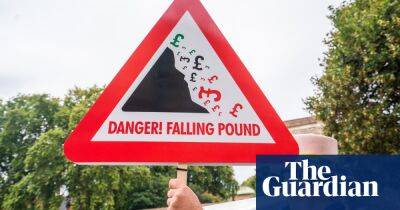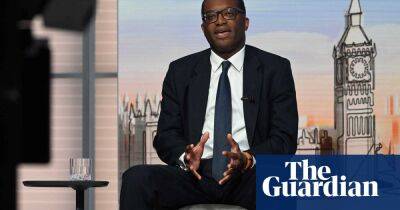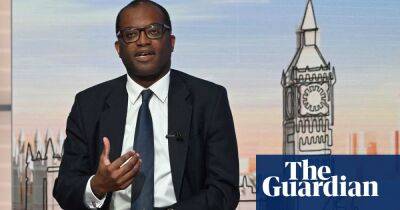From stamp duty to defence spending: what will Kwarteng’s mini-budget do?
The chancellor, Kwasi Kwarteng, stands up in the Commons on Friday morning to reveal his “emergency budget”. Here’s what we know so far:
Growth targets Kwarteng’s message is that Britain can grow at a faster rate if the private sector is freed from onerous taxes and regulations.
The chancellor claimed this week it was possible to raise the trend growth of national income (GDP) to 2.5%, if his plans are implemented. During the last 12 years of Conservative administrations, GDP growth has averaged close to 1.5% and wages for most workers have stagnated.
The Institute for Fiscal Studies (IFS) thinktank said there waslittle evidence that tax cuts and deregulation offered a “miracle cure” for boosting growth. It said ahead of the mini-budget that “plans underpinned by the idea that tax cuts will deliver a sustained boost to growth is a gamble, at best”.
Energy bill supportAn emergency price cap for the next two years of £2,500 on the average household’s annual energy bill was announced by Liz Truss in the first week of her premiership.
It was accompanied by a freeze on bills for businesses that will last a least six months, details of which were set out on Wednesday. Truss said she would limit companies’ energy costs to £211 a megawatt hour for electricity and £75 for gas, about half the wholesale market price.
Most analysts have forecast that the government will need to spend more than £100bn on the household cap. The bill for protecting businesses could cost up to £50bn. Both bailout schemes could prove to be more expensive if the Ukraine war worsens and gas prices blow out from today’s £424 a therm, though the cost to the Treasury could fall if wholesale gas prices continue to slide from a peak above £700 per therm in August
Read more on theguardian.com

